The most technologically efficient machine that man has ever invented is the book
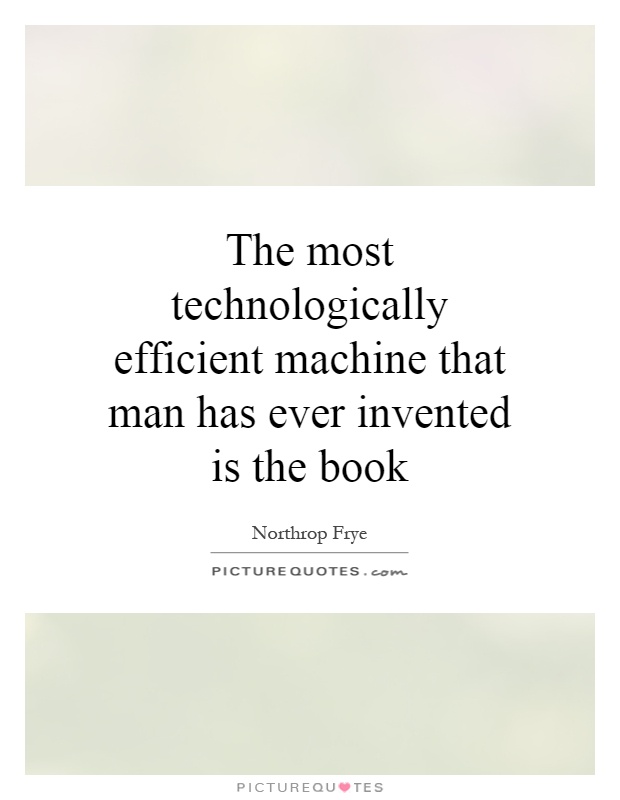
The most technologically efficient machine that man has ever invented is the book
Northrop Frye, a renowned literary critic and theorist, once famously stated that “the most technologically efficient machine that man has ever invented is the book.” This statement holds a profound truth that resonates with the power and impact of literature in shaping human thought and culture.Frye’s assertion highlights the transformative nature of books as a medium of communication and knowledge dissemination. Unlike other forms of technology that may become obsolete or lose relevance over time, books have stood the test of time as a timeless and enduring tool for education, enlightenment, and entertainment. Through the written word, ideas, stories, and information are preserved and passed down from generation to generation, transcending barriers of time and space.
Books have the unique ability to transport readers to different worlds, cultures, and perspectives, expanding their understanding of the human experience. They serve as a window into the minds of others, allowing readers to empathize, learn, and grow through the stories and insights shared within their pages. In this sense, books are not just machines of information but also vehicles of empathy, connection, and understanding.
Furthermore, books have the power to inspire and ignite the imagination, sparking creativity and innovation in the minds of readers. They challenge conventional thinking, provoke critical reflection, and encourage intellectual curiosity. Through books, individuals can explore new ideas, question established beliefs, and envision new possibilities for themselves and society as a whole.
In the context of Frye’s work as a literary critic, his statement underscores the central role of literature in shaping cultural narratives and influencing societal values. Books serve as a mirror reflecting the complexities of human nature and the world we inhabit, offering insights into the human condition and the forces that shape our lives. Through his analysis of literary texts, Frye sought to uncover the underlying patterns and archetypes that inform our understanding of literature and the world around us.
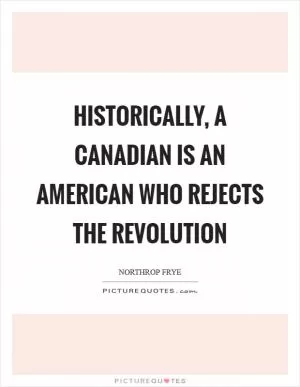
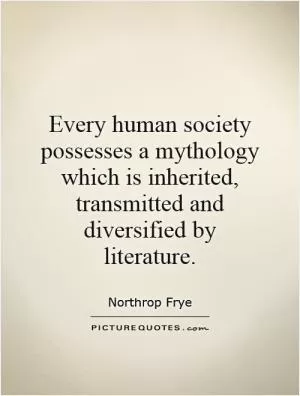
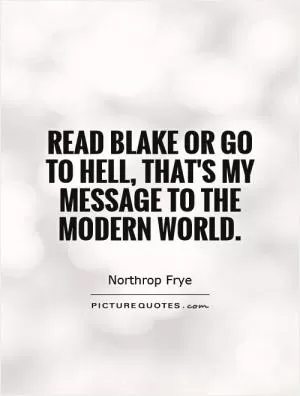
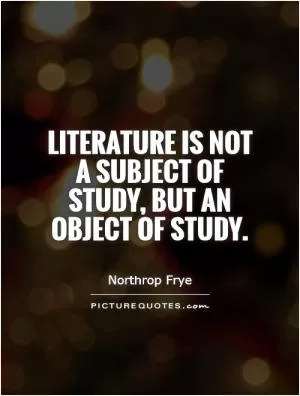
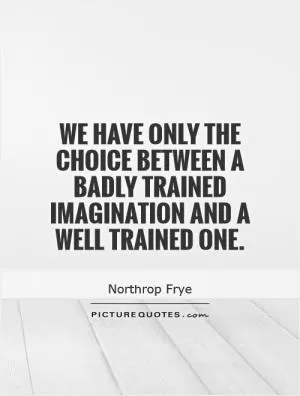
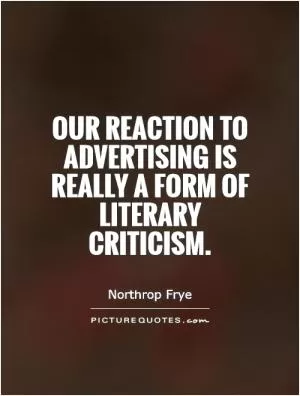
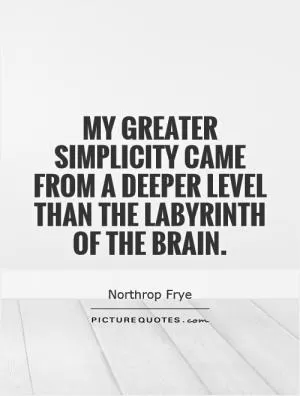
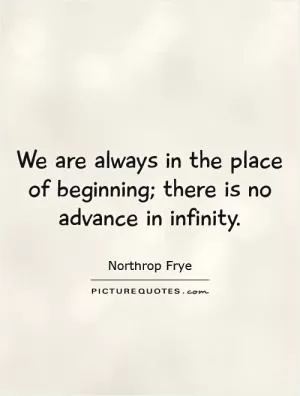
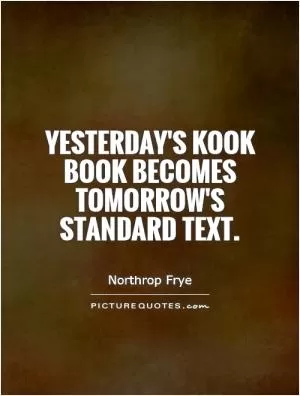
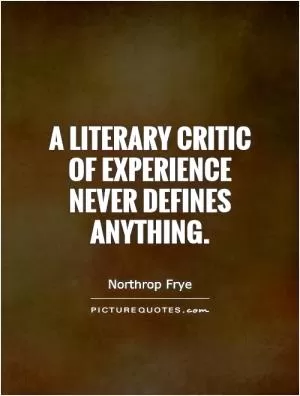

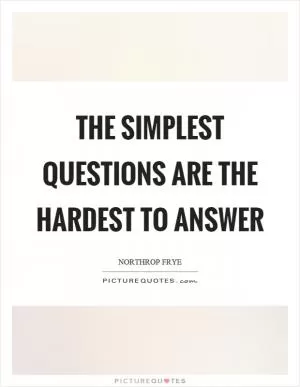
 Friendship Quotes
Friendship Quotes Love Quotes
Love Quotes Life Quotes
Life Quotes Funny Quotes
Funny Quotes Motivational Quotes
Motivational Quotes Inspirational Quotes
Inspirational Quotes